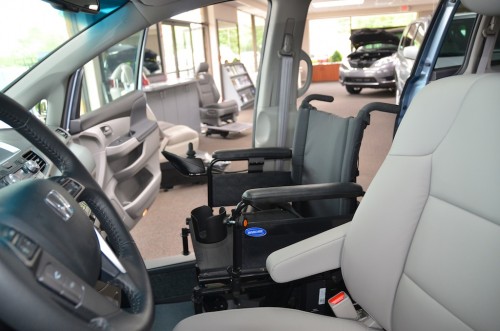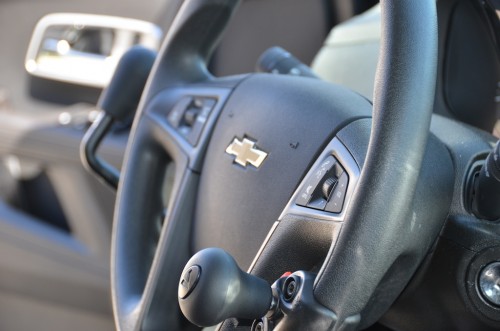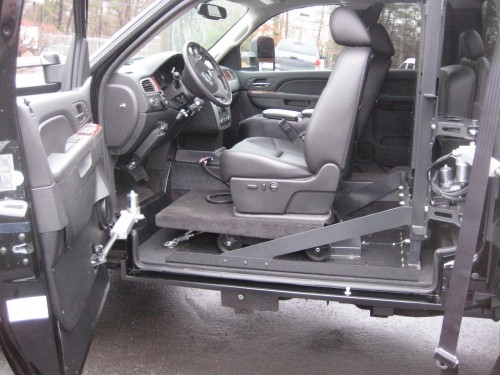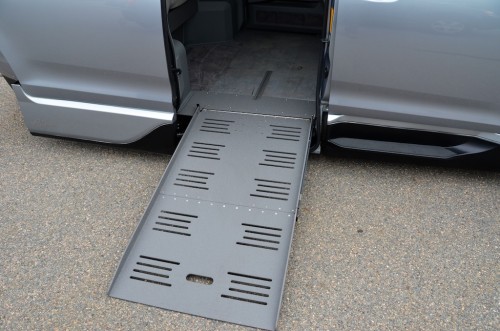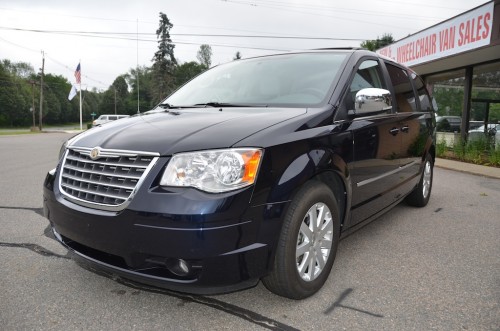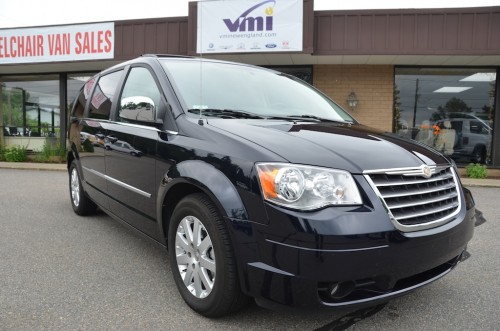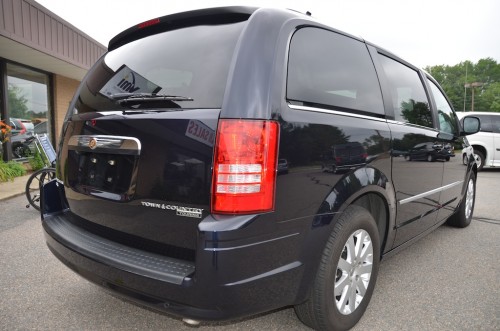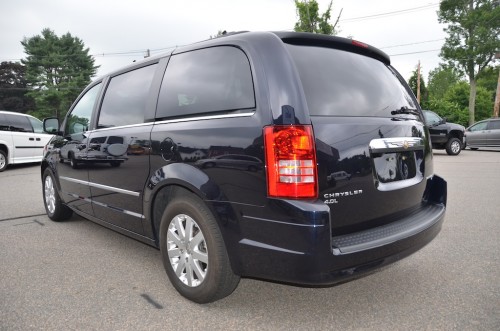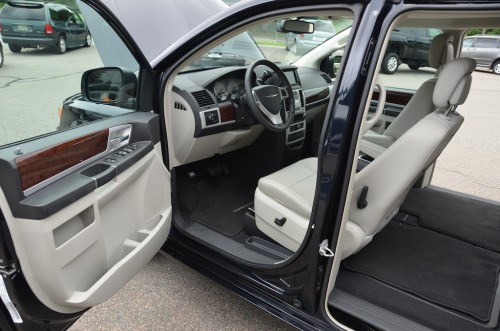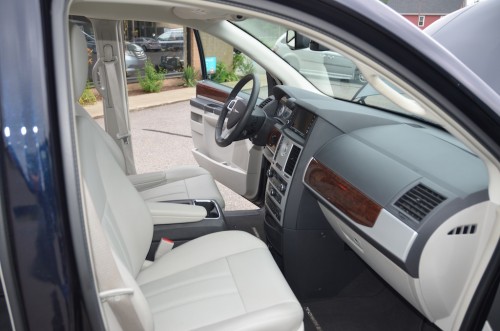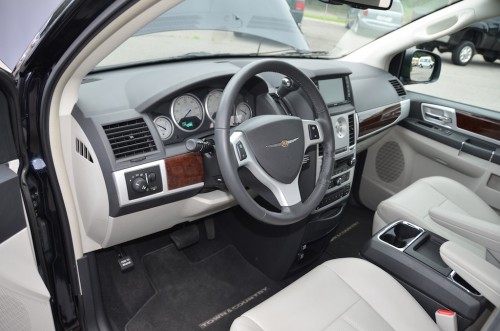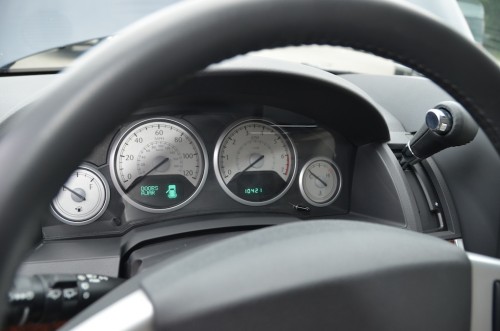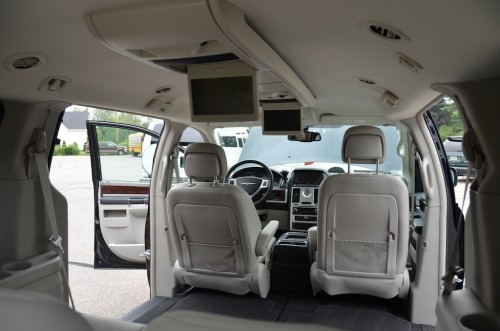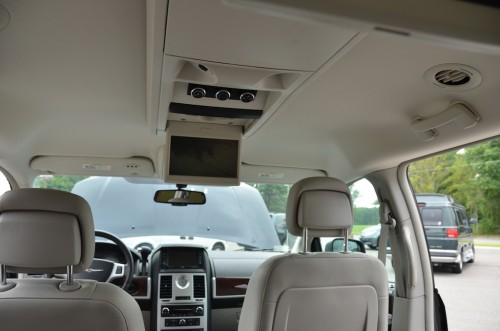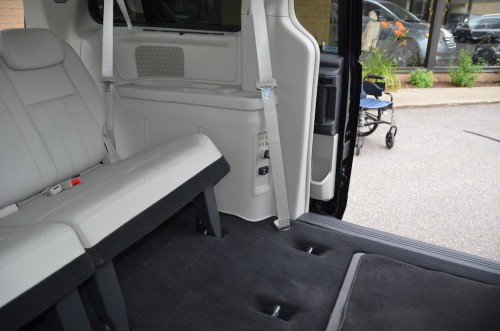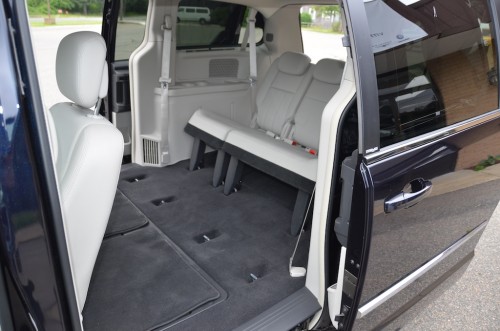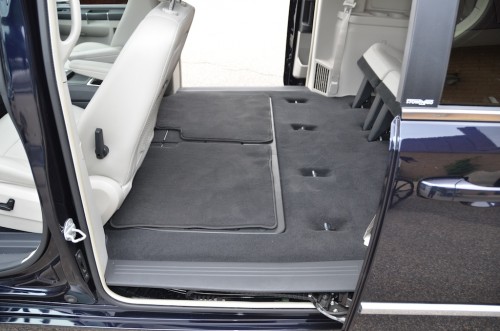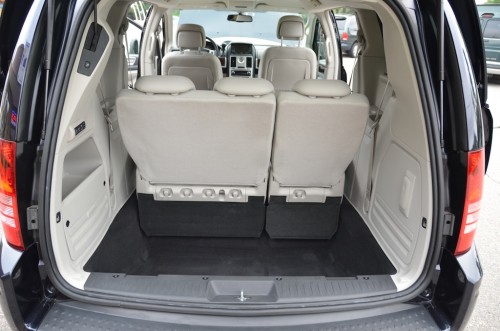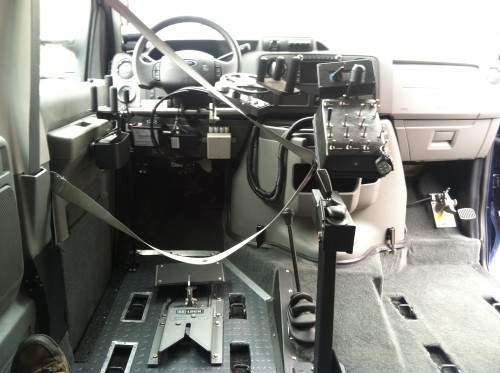ON THE ROAD TO INDEPENDENCE
By Lori A. Frankian 5/5/1997
Can you imagine waiting 14 years to get behind the wheel of your very first vehicle? If you are physically challenged you may know what “waiting” is all about. I am 30 years old and confined to an electric wheelchair due to Spinal Muscular Atrophy, a fabulous little disease that affects my muscles and nerve cells. Why did I wait so long to get my license you ask? In all honesty, there was no real effort made to raise the money for a new van when I reached legal age to drive. A year later at 17, I moved to Boston to attend Northeastern University and who needs a car while attending college in the city? I attended the five year school, graduated and decided to remain in the city and establish a career for myself as an theatre / film administrator. The years passed and my patience for traveling out of my way to find an accessible train station with operating elevators began wearing thin. It was definitely time to pursue the options available to me towards purchasing a van. I had been missing out on so very much and I needed to move forward in my life.
After years of saving every penny that entered my pocket, I finally received the green light for modifications funding from the Massachusetts Rehabilitation Commission. It was time to purchase my van. I bought a red Plymouth Voyager in June of 1994, and in a few months was driving on my own!
I no longer have to haul groceries home from the store in the pouring rain, losing half of them as they spill over the arms of my wheelchair. I can drive my van home with as many bags as I want. I do not have to struggle in 25 inches of snow when trying to get to work. I now have my van to guide me wherever I want to go with ease. I can travel to the most beautiful locations within the US for the very first time on my own. Nobody will ever tell me that, “there isn’t time to stop.” I am driving now and if want to stop, I am going to stop! I could go on and on sharing the wonderful changes
that my new found independence allows but I am sure you get the picture.
I am so very thankful and appreciative of the people in my life that made it possible for me to get behind the wheel. For starters, I thank my father for handling the constant wheelings and dealings between the car dealership and outside vendors. He was very protective of my hard earned money and made sure that I got exactly what I was paying for and then some!
I thank Bob Sondheim at the Massachusetts Rehabilitation Commission for making sure that the funding was granted for the modifications that allow me to operate my van. Without my Dad or the Massachusetts Rehabilitation Commission, I would not have had a van or modifications that would allow me to drive.
Last but not least, an enormous thank you goes to Jim Sanders at Automotive Innovations in Bridgewater, Massachusetts. Jim and his wonderfully trained staff are responsible for building my van, putting every crucial piece of technology in its proper place and for making it operate with grace and efficiency. Automotive Innovations specializes in vehicle modifications and adaptive technology including high tech vans for physically challenged drivers. They are leaders in New England, known and respected for their quality, commitment and innovation. It’s the 90′s and technology is beyond our wildest dreams. Automotive Innovations knows their stuff.
At first, I was intimidated by the electronic hand controls and the tiny steering wheel that I would drive with. I wondered, “will everything operate safely?” “Will my steering system fail to operate as I am driving down the highway?” “What if my door jams and doesn’t allow the ramp to open, trapping me inside?” These are a few of the questions that ran through my mind before Jim gave me a thorough explanation on all operation procedures and back up system functions.
Jim and his staff have been there for me from the get-go and I know they always will be. I have called him on many occasions with questions and he was ready and willing to help me at a moments notice. If it wasn’t for their high quality workmanship, I wouldn’t have the reliable form of transportation that I have today. For that I will always be grateful.
Every time I get behind the wheel I am thankful that I have such an amazing form of independence to experience. If independence is foreign to you, then I am sure you know where I am coming from. If not, I ask that you appreciate the little things in life such as walking up steps and entering a public bathroom, finding it ready and willing to accept you. Life should never be taken for granted. It’s the little things in life that should be treasured because they can be taken away within an instant. Even if it is as simple as driving down the street to pick up a cup of coffee! Appreciate your freedom, I know I do!
Lori A. Frankian Boston, MA

